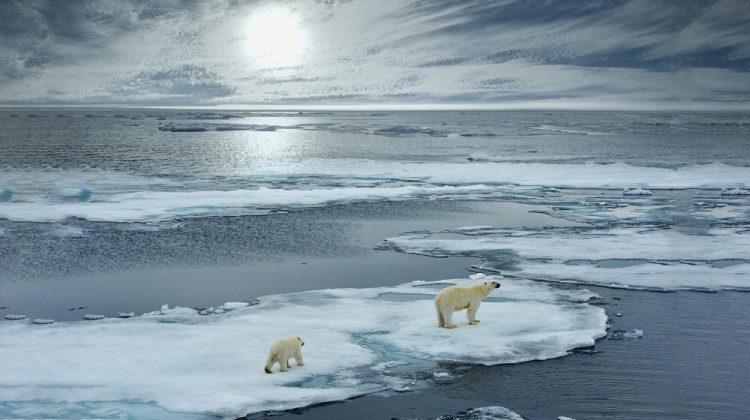
Climate change has long been recognized as a serious and actionable issue by philanthropists, but there is still plenty of room for more funders to get involved. One way to support responses to climate change is to celebrate those who advance climate-related science, which the Tyler Prize, an international environmental award, has done this year.
While we keep learning more about climate change and its devastating effects, groundbreaking research on this issue was first done decades ago. Scientists Warren Washington and Michael Mann, the recent winners of the prize, played key roles in validating climate change over the course of the last 60 years. Washington created the first climate models in the 1960s, which are still the basis of those in use today, and he is the first African-American to win the award. Michael Mann’s work was catapulted into the international spotlight when his temperature chart of 1999 was widely attacked by climate change doubters, launching his second career as a media spokesperson upholding climate science in the public sphere. Both men have expressed their appreciation for being honored together, and emphasize the continued importance of climate science and related cultural awareness and societal response.
In 1973, the Tyler Prize was created by John Tyler, founder of Farmers Insurance Group, and his wife Alice in response to the couple’s growing environmental concerns, and following the first United Nations Conference on the Human Environment in Stockholm in 1972. President Ronald Reagan, then Governor of California, oversaw the inauguration of the prize. It awards $200,000 to be shared equally between the winners. This amount is nothing to scoff at, but the award’s true value likely lies in its mission to “recognize the scientific contributions and leadership of environmental problem solvers, and to inspire others to follow in their footsteps.”
Environmentally focused awards make up a modest segment of the larger science prize continuum, but there are certainly other notable and interesting ones out there, including the Goldman Prize, Carbon XPrize, Bullitt Fellowship, Pritzker Emerging Environmental Genius Award, Keeling Curve Prize (which we wrote about recently, and which is named for another important climate graph showing the increase of CO2 in the atmosphere) and the Buckminster Fuller Challenge. By focusing on climate this year, the Tyler Prize honors scientists in a long-beleaguered field.
The Inventor of Climate Models
Accepting the award, Warren Washington, distinguished scholar of the National Center for Atmospheric Research, said, “It’s just amazing to me that we have these forest fire outbreaks or hurricanes in coastal areas; that we’re seeing increasingly more people being affected in very dramatic ways that we didn’t see 20 or 40 years ago. We understand what the effect is. We need to take very large societal steps to cut back on the use of fossil fuels.” Using room-sized, vacuum-tube-based computers, Washington created the first climate computer models and co-wrote the earliest book on this subject with Claire Parkinson, An Introduction to Three-Dimensional Climate Modeling. Among other accomplishments, he advised six presidents from Carter to Obama, won the National Medal of Science, and shared in the International Intergovernmental Panel on Climate Change (IPCC) 2007 Nobel Peace Prize (check out our coverage of the 2018 IPCC report).
The first African-American scientist to win the Tyler Prize, he was also the second African-American to receive a Ph.D. in meteorology and the first African-American president of the American Meteorological Society.
“I was the first, and during that time, there were very few Hispanics, Native Americans and African-Americans in the society. Now we have probably more than 100 members from underrepresented groups. I should say that one of the big things that has changed isn’t just in terms of ethnic minorities, but the female population has increased substantially, as well,” Washington said.
The Scientist Behind the Hockey Stick Graph
Michael Mann, distinguished professor of Atmospheric Science, director of the Earth System Science Center at Penn State University and the other 2019 Tyler Prize winner, also shared the 2007 IPCC Nobel Peace Prize. In the 1990s, he figured out how to reconstruct past global temperatures dating back thousands of years by analyzing ice cores, tree rings and lake sediment, which led him to create a graph showing that the significant increase in global temperature during the last century or so was unprecedented.
The temperature chart curved like a hockey stick, and thusly named, was to become known as “the most controversial chart in science,” in part due to the “Climategate” scandal. Climategate focused on emails stolen from the University of East Anglia’s Climatic Research Unit that were publicized several weeks before the 2009 Copenhagen Summit on climate change. Climate-change deniers claimed the emails revealed scientific misconduct in the creation of the graph, and a series of investigations ensued from the likes of the National Science Foundation, UK Parliament and National Oceanic and Atmospheric Administration (NOAA), all of which cleared the scientists of wrongdoing.
The Tyler Prize states Mann “was the recipient of attacks from governments, individuals and fossil fuel companies. Some of these escalated to lawsuits and death threats.” Mann’s response was to fiercely defend his work and the truth of climate change—he became a popular science communication and media personality. “He does not suffer fools lightly,” professor Jane Lubchenco, former NOAA administrator, said.
“Ultimately, I’ve actually come to embrace this role, because it’s put me in a position to inform this—perhaps the most important societal conversation we’ve ever had—this conversation about what we’re going to do to confront what is arguably the most serious challenge we’ve ever faced, human-caused climate change,” Mann said. He co-founded the award-winning climate site RealClimate.org, and won the Award for Public Engagement with Science from the American Association for the Advancement of Science, among other recognitions.
A total of 76 individuals and four organizations have now been honored with the Tyler Prize. It is administered by the University of Southern California. Members of the executive committee, who choose the laureates, are “selected for their experience in the fields of relevance to the Tyler Prize.” They have included university scientists and administrators from the California Institute of Technology, Harvard, Massachusetts Institute of Technology, Purdue, Scripps Institution of Oceanography and the University of Southern California, among others.
While John and Alice Tyler have both passed away, they arranged for the award’s endowment and continuation. The couple’s other philanthropic interests included child health, medical research, the arts and endangered wildlife. Meanwhile, Farmers Insurance currently funds disaster resilience, education and civic engagement through its corporate giving program.
Mrs. Tyler once said of the prize honorees, “I have faith that the ever-growing research by brilliant world scientists will continue to alert us to the delicate balance that sustains life… and that we will become more aware of the dire urgency to improve and maintain this vital cycle for the preservation of our universe.”
Related:


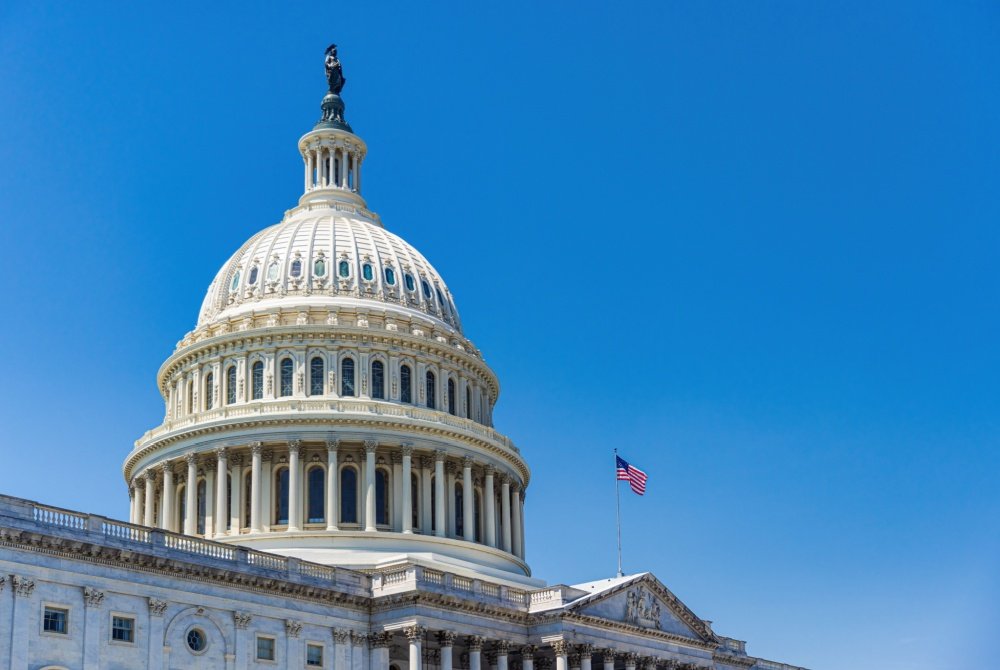

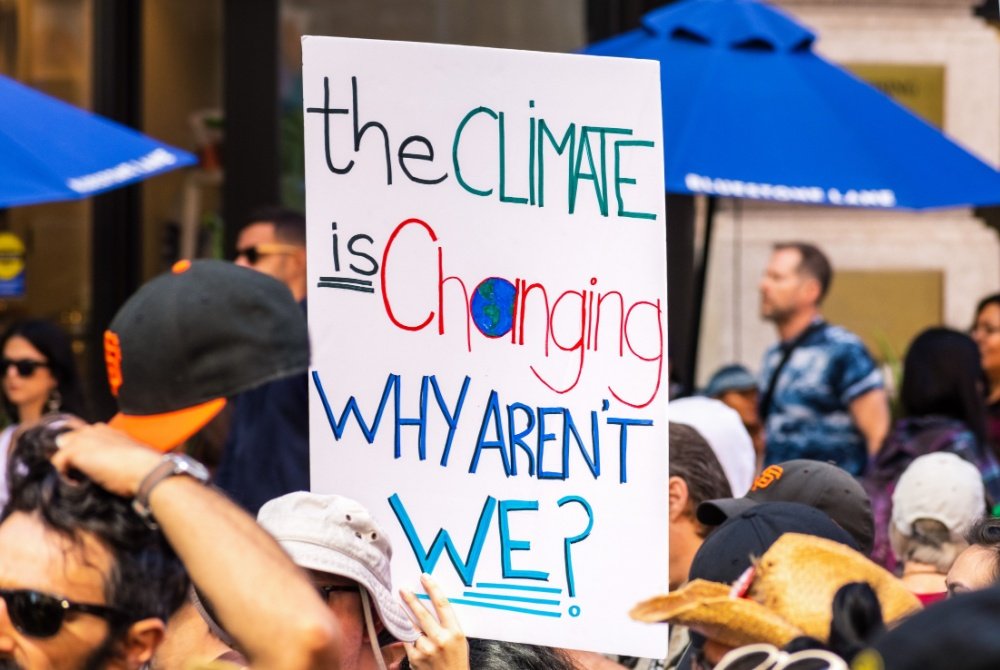
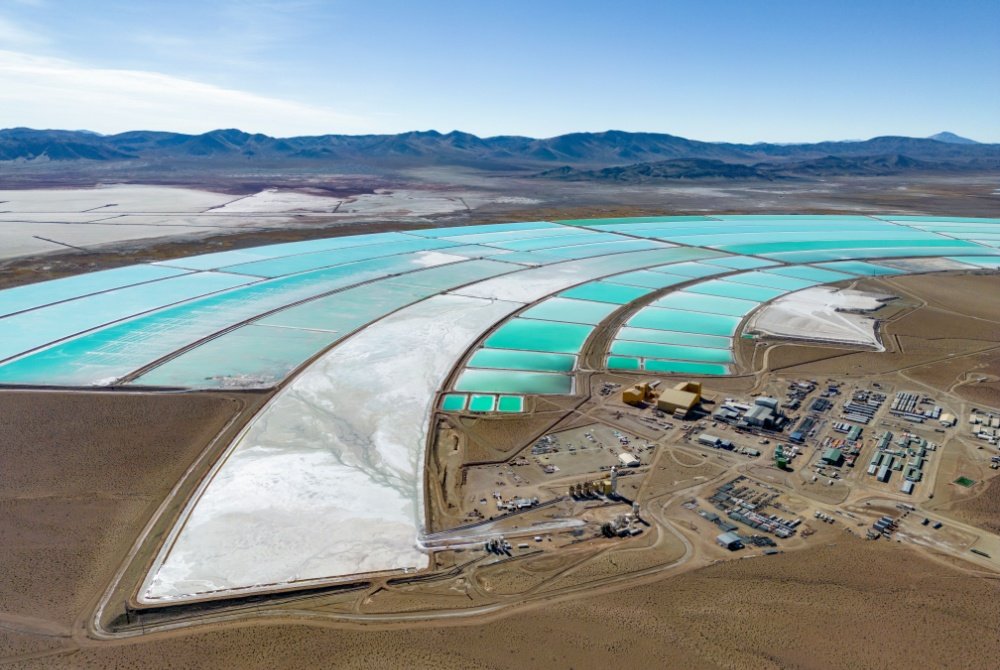
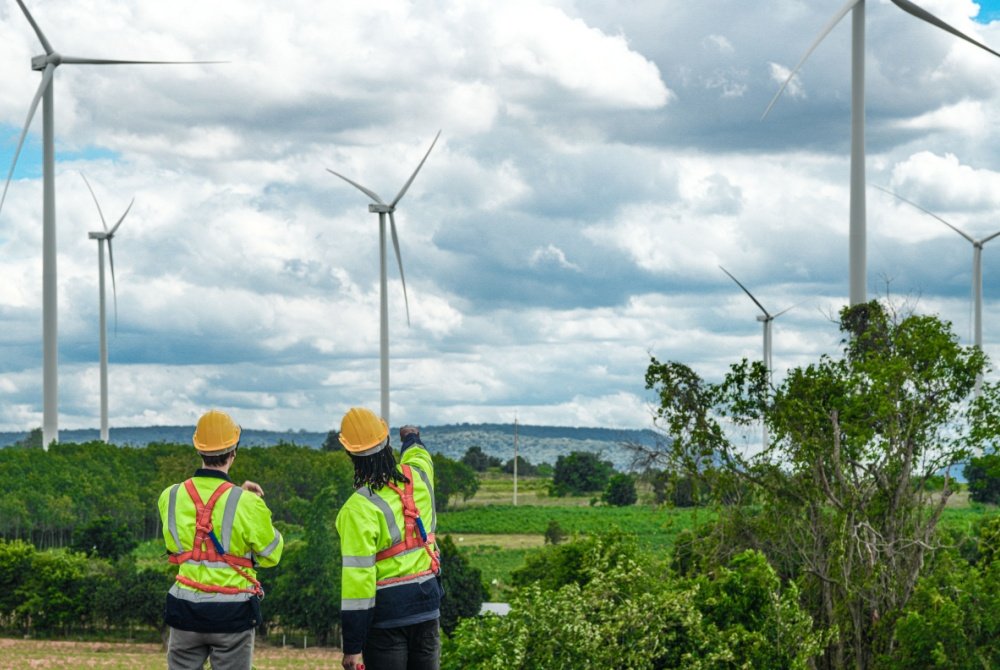


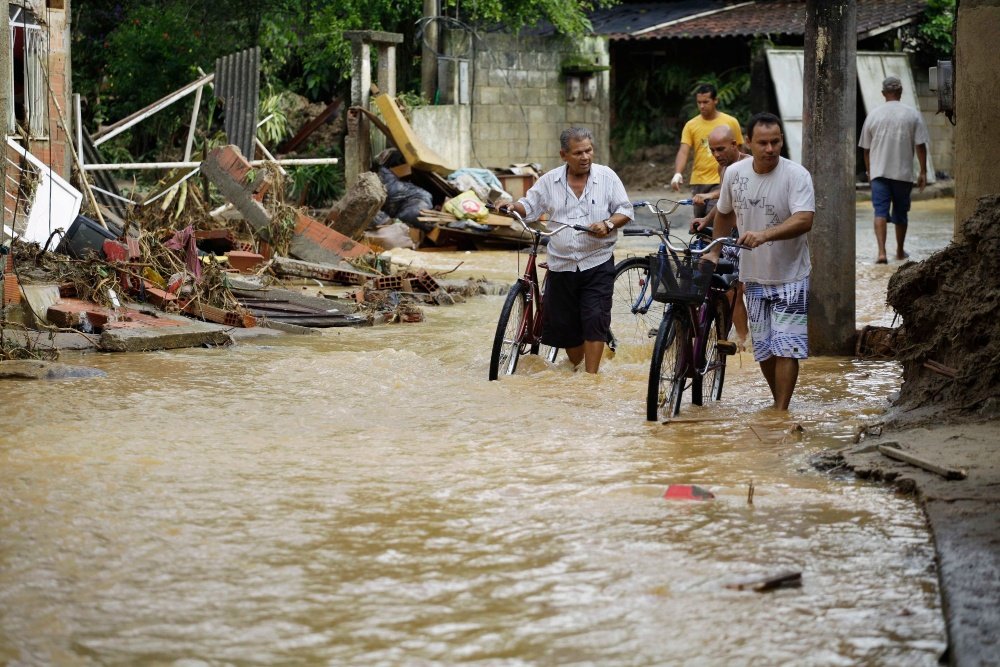



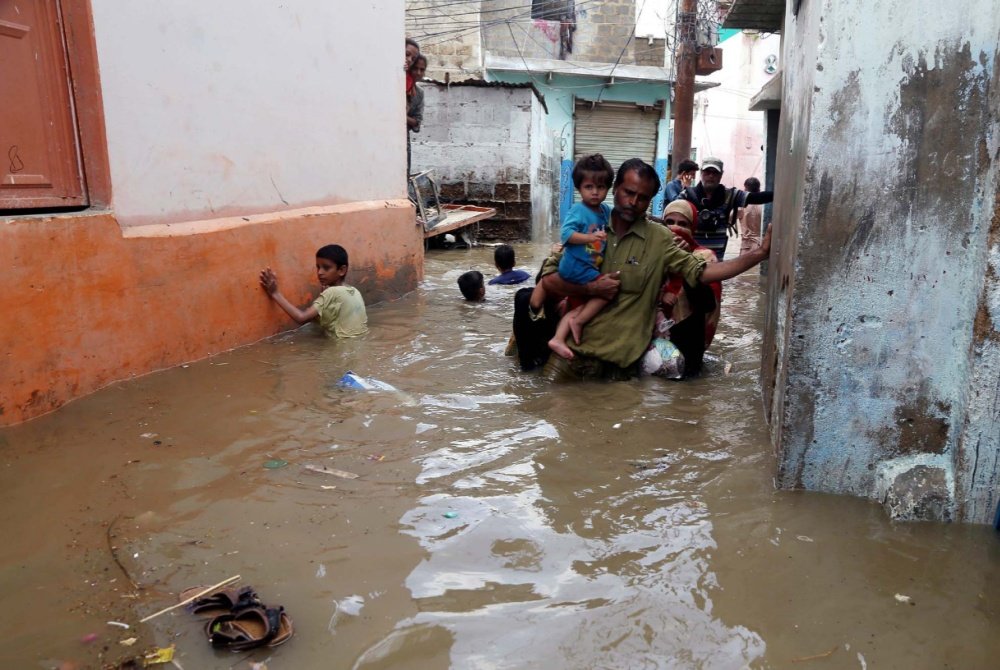
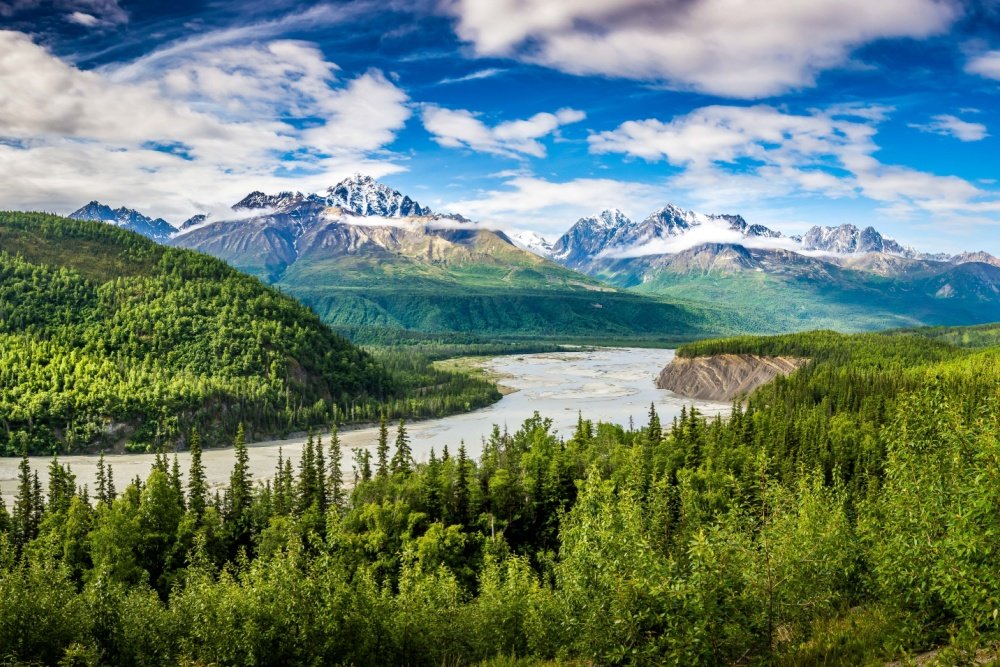
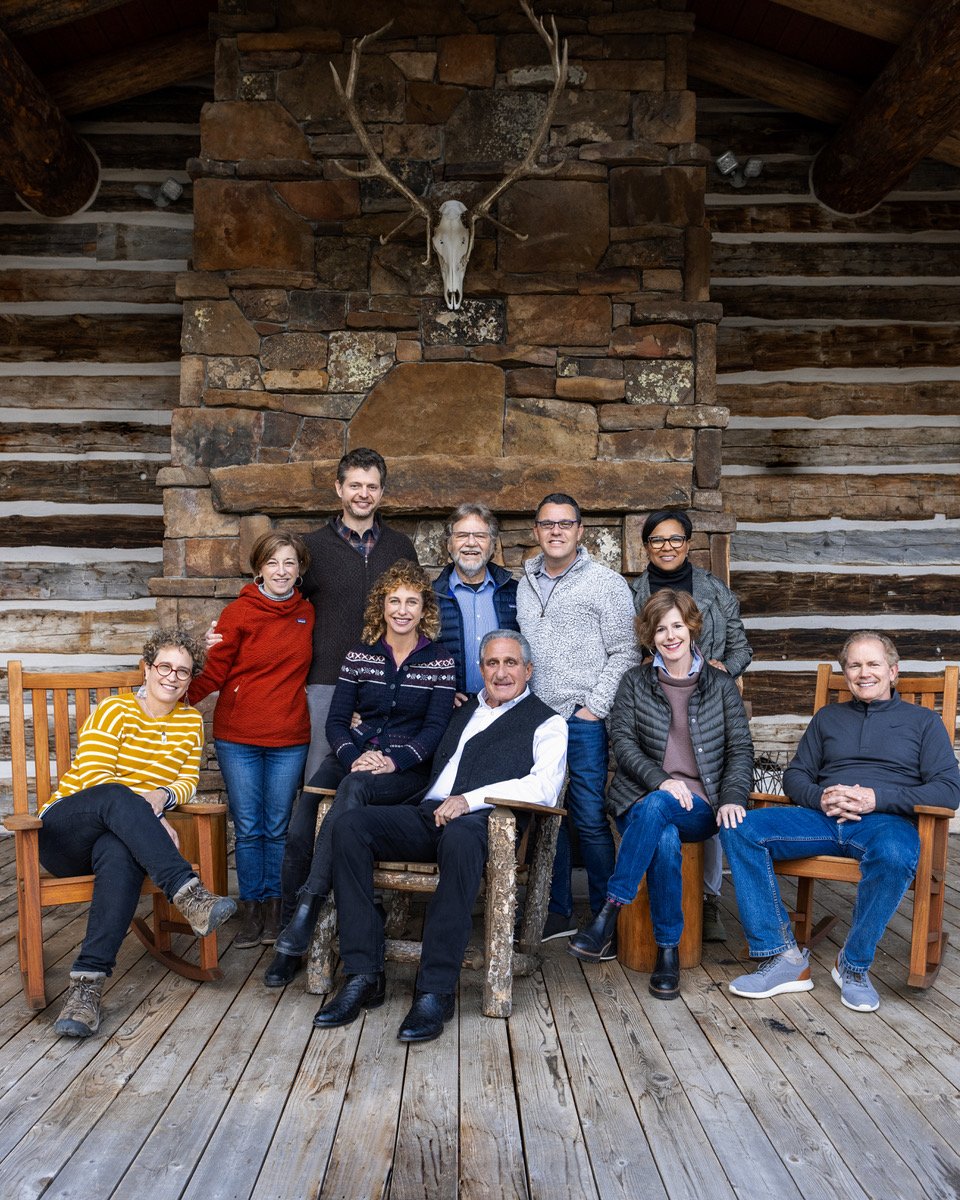
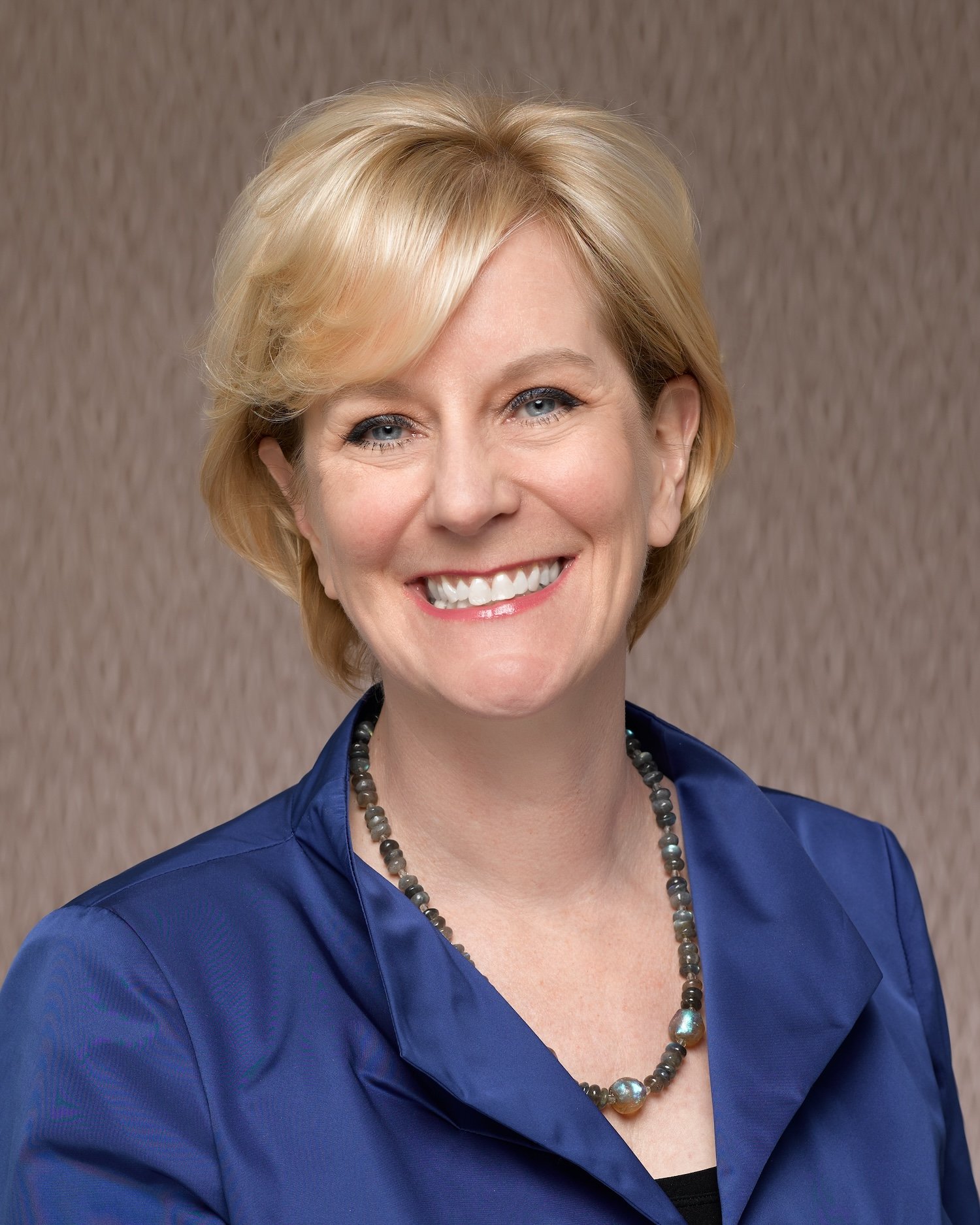

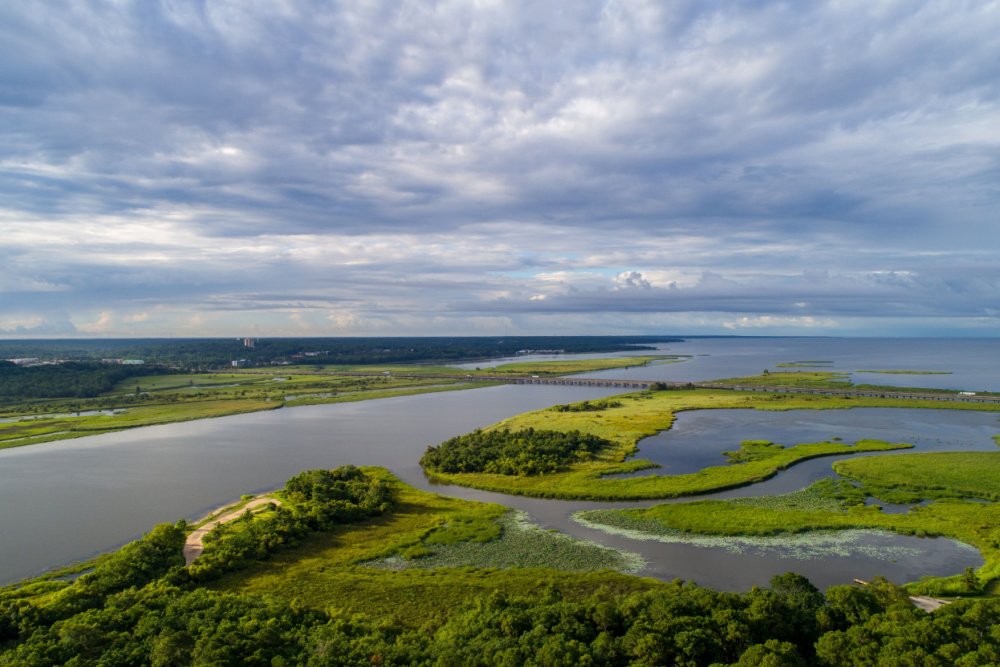
.jpg)
.jpg)

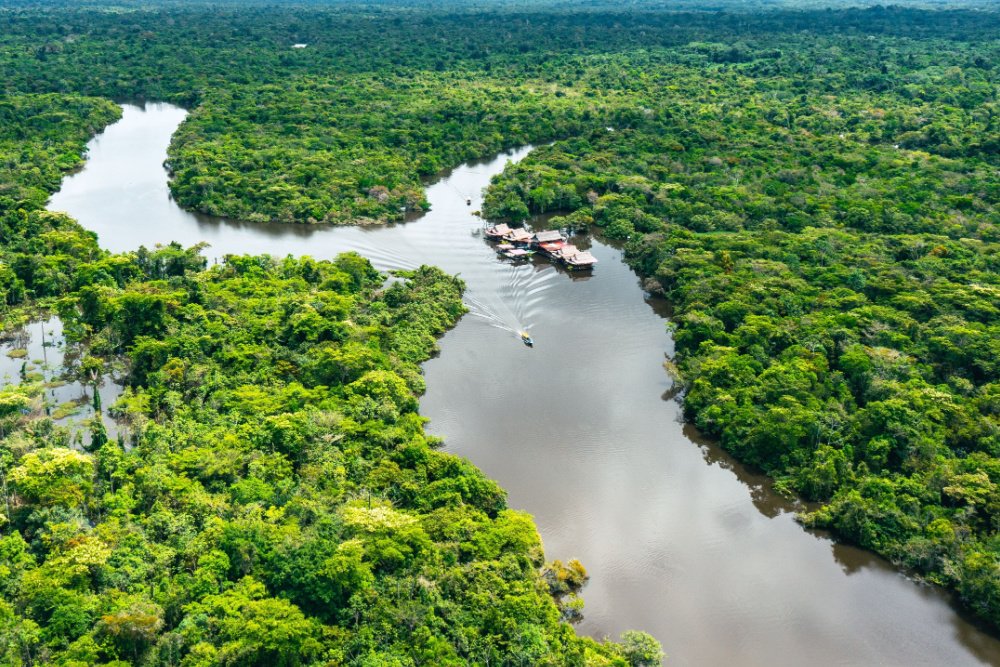
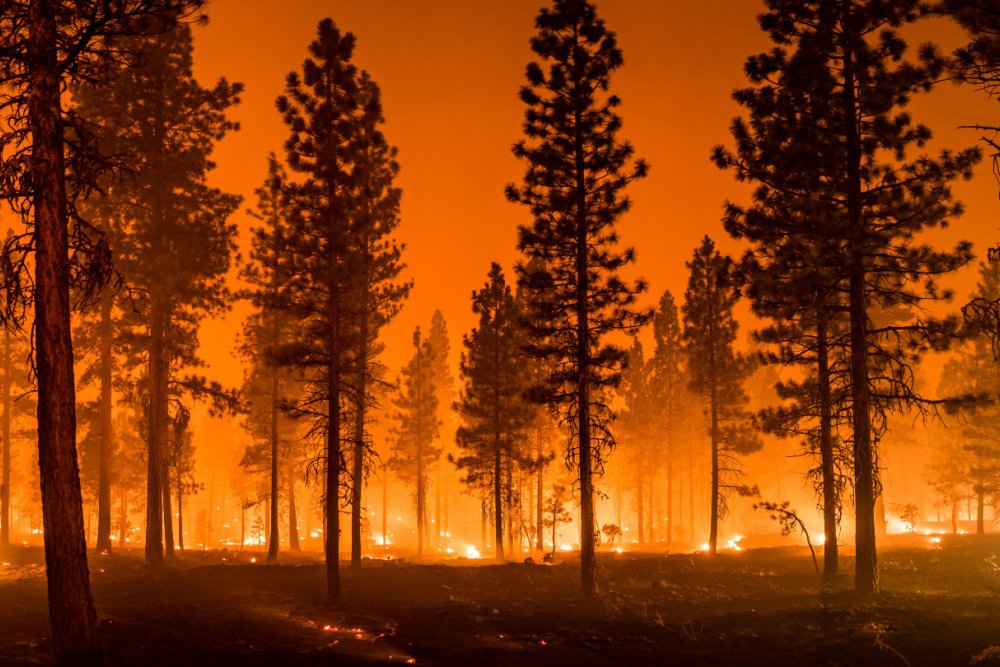
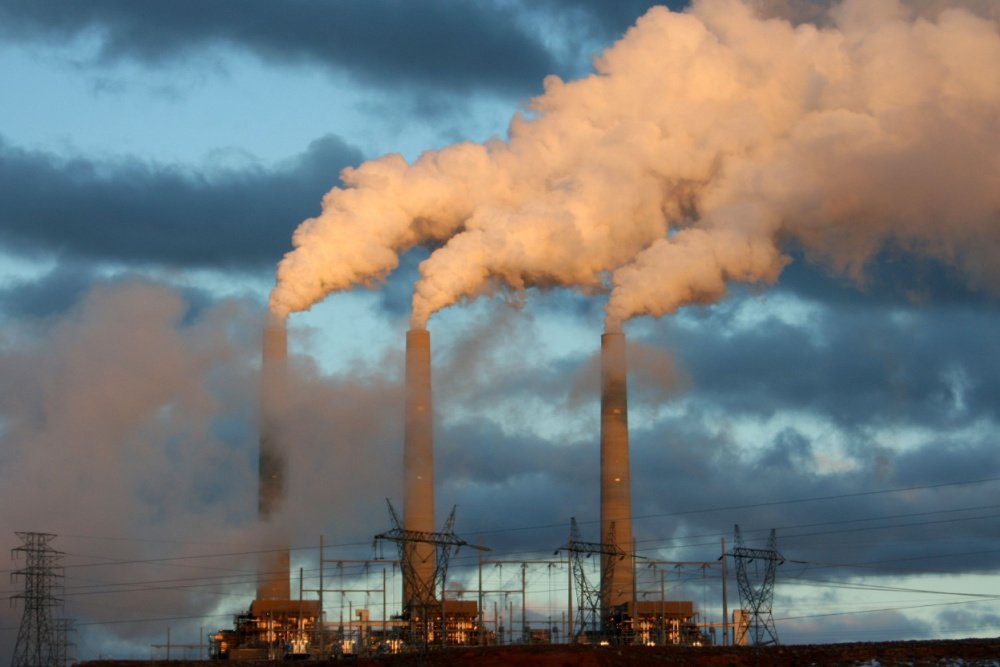


.jpg)
.jpg)

